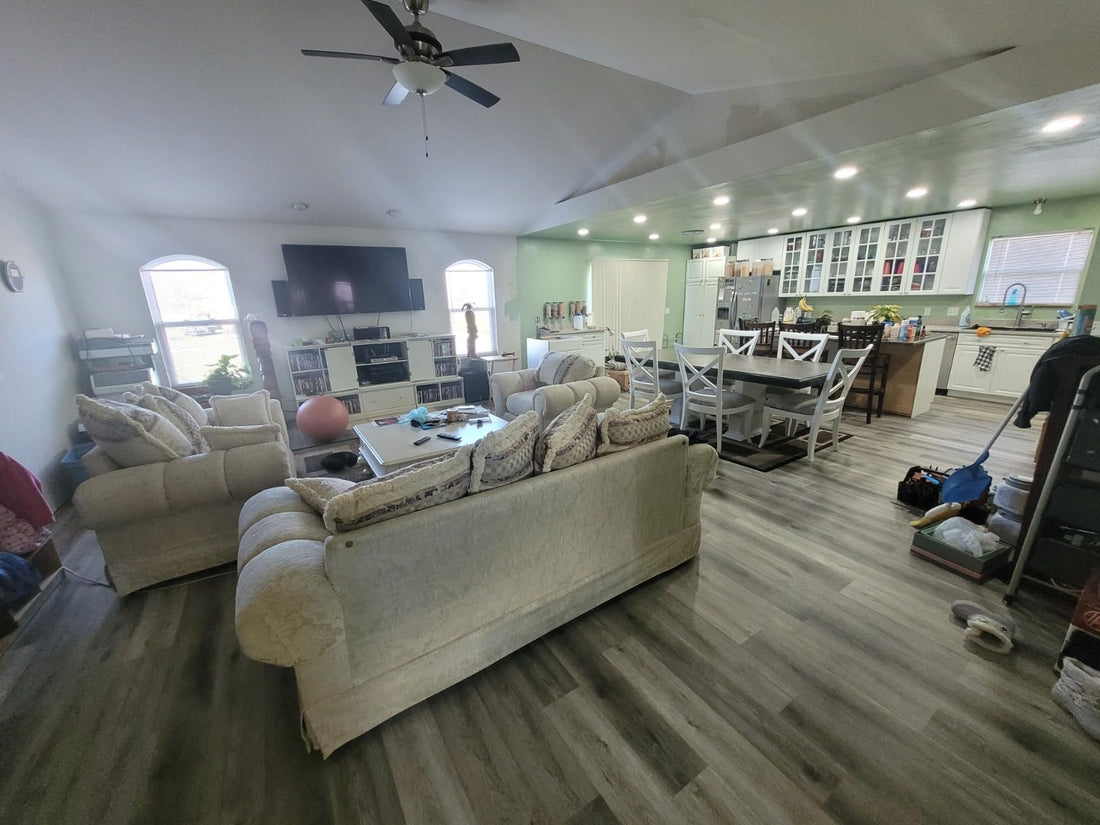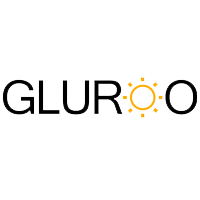
Does recessed lighting use more electricity
The electricity consumption of recessed lighting depends on various factors, and it does not inherently use more electricity compared to other types of lighting fixtures. The primary considerations include the type of bulbs used, their wattage, the number of fixtures, and usage patterns.
1.Type of Bulbs:- Incandescent Bulbs: Traditional incandescent bulbs, often used in older recessed lighting fixtures, are less energy-efficient and consume more electricity.
- LED Bulbs: LED (Light Emitting Diode) bulbs are highly energy-efficient and can significantly reduce electricity usage. They are a popular choice for recessed lighting due to their longevity and low power consumption.
2.The wattage of Bulbs:
- The wattage of the bulbs directly impacts electricity consumption. Higher-wattage bulbs consume more electricity. Modern recessed lighting fixtures often accommodate lower-wattage LED bulbs without sacrificing brightness.
3.Number of Fixtures:
- The more recessed lighting fixtures you have installed, the higher the cumulative electricity usage. However, this is true for any type of lighting. It's essential to consider the number of fixtures when evaluating overall electricity consumption.
4.Usage Patterns:
- How often and for how long the recessed lighting is used will influence electricity consumption. Implementing smart controls, such as timers or motion sensors, can help manage usage and reduce unnecessary energy consumption.
5.Energy Efficiency:
- Recessed lighting fixtures with energy-efficient features, such as the ability to use LED bulbs and compatibility with dimmer switches, contribute to minimizing electricity usage.
While recessed lighting itself does not inherently use more electricity, the choice of bulbs, their wattage, the number of fixtures, and how they are used all impact electricity consumption. Opting for energy-efficient LED bulbs and implementing smart controls are effective strategies to reduce electricity usage associated with recessed lighting.







